
In honor of International Women’s Day and Women’s History Month, we are spending this March celebrating neurodivergent women across the globe. Neurodivergent women are often undiagnosed or misdiagnosed, and they appear to be more likely to “mask” or “camouflage.” As a result, the contributions of many neurodivergent women have been missed and overlooked. Our goal is to highlight some of these women and their accomplishments.
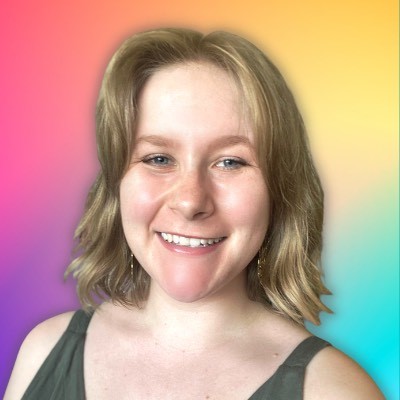
While interviewing for jobs earlier this year, Nesceda Blake (she/her) wrote a LinkedIn article on her experiences interviewing as an autistic job seeker. The article – “As an autistic jobseeker, please stop perpetuating neurotypical standards of professionalism” – garnered significant attention and positive feedback across LinkedIn. We invited Nesceda to meet with us to discuss her experiences as an autistic job seeker and what employers can do to be more inclusive from the start.
We know there are different schools of thought regarding the use of identity-first vs. person-first language. For this interview, could you tell me your preference?
I prefer identity-first language. Autism is intrinsic to my identity; I don’t carry it around. Using identity-first language has helped me with self-acceptance and becoming more comfortable with saying I’m autistic instead of putting it in a closet.
How does your neurodivergence play into your thought processes?
I’m considered a unicorn in the autistic community because I was diagnosed as a child at age three, which is uncommon for autistic women. I’ve known for a long time that I’m different and I’m neurodivergent and autistic. Earlier on, it influenced my thought processes because I felt a need to suppress autistic traits in order to prove that I can overcome and achieve things. I would mask very heavily to try to go against people’s perceptions.
Now, after having some pretty tough mental health times during COVID, I realized I need to understand myself more. Talking about autism in a strengths-based way means acknowledging challenges that come with it. Difficulties with sensory processing and communication are not things to ignore or suppress, but to try to address and find strategies to go forth and do the things I’m good at. I take a far more holistic approach to support needs and try to identify early on what my needs are, which I’ve been able to do with the help of a really good therapist.
Tell us how your neurodivergence shows up as a strength.
I’m able to adapt my style of communication to a wide variety of people and able to communicate in a variety of different ways. This includes some element of masking but I’m able to manage that. I also have the ability to pick up anything and run with it, to find more efficient ways of getting to an end goal. I’m able to identify issues and patterns before other people. I love backing other people and their ideas. I like to hear someone’s enthusiasm and take that on to help them achieve their goal. This comes with a level of loyalty as well.
I have an excess of empathy, and a lot of autistic people I know have an excess of empathy. This is both a strength and a challenge because I take on people’s energy and stress. People think that autistic people don’t have empathy, but our way of showing empathy just looks a bit different. If someone is sick, I might not cry but will try to problem solve and come up with solutions as my way of showing empathy.
Have you ever felt the need to mask/code switch/cover to avoid discrimination or increase your chances of success at work/in a job interview?
Yes, probably without even realizing it. I wrote in my LinkedIn article about a mock interview I had at age 14 where I tried so hard to learn everything and prepare, but then I didn’t get the job because of my inability to maintain eye contact. This was a formative moment because I realized that people were judging me based on my ability to perform in some way. From this point, I felt like people wouldn’t want to hire me and I would end up working for myself.
I believed my mask so much that I didn’t even realize I was masking. I worked in a cinema, which was an overwhelming experience, but I didn’t realize I was masking until I came home and had a meltdown and felt completely overwhelmed. My previous job was the first organization to offer reasonable adjustments for the interview. Now I’ve committed to myself that I will disclose that I’m autistic and if they don’t want to hire me, that’s their problem and I don’t want to work for them.
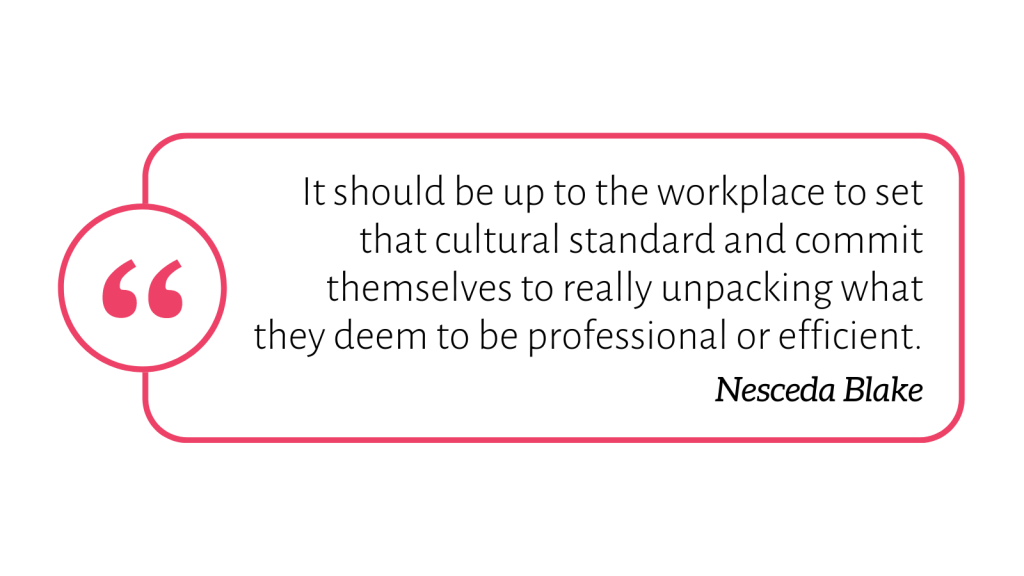
It was International Women’s Day on March 8th and March is Women’s History Month in the US. We’re aware that autistic women are less likely to be accurately diagnosed and more likely to mask. What would you say to autistic women that want to be seen more authentically in the workplace?
For autistic and neurodivergent women wanting to not mask in the workplace, it’s really tough because it should be up to the workplace to set that cultural standard and commit themselves to really unpacking what they deem to be professional or efficient.
It can help to acknowledge or do further exploration to understand what makes you feel exhausted at the end of the day. Is it taking on too much work? Is it speaking in a meeting in a certain way? Is it forcing yourself to go to social events after work? It’s important to take stock of those things and have a moment to analyze whether they are actually making you feel fulfilled or exhausted.
Our focus at Neurodiversity in the Workplace is to bypass the traditional interview and instead focus on skill demonstration. How can we make traditional interviews more accessible to neurodivergent job seekers?
The questions should be more framed around what is expected in the job, such as how you would handle certain situations or complete certain tasks. A way to identify skills is to have examples of how those would be used in a job. I read recently about job trials. Part of the interview could be trialing the job for a day or half a day. It would also be helpful to have different formats for people to talk about themselves because some people might not be as comfortable speaking face to face but might be great in written format. And for someone else it might be the opposite.
Companies can provide alternatives for applications. I applied for a job that required a video cover letter, which might work for some people. There should be fewer stages to interviews as well. You could spend this time trialing someone and seeing how they do at the job rather than having all of these talks. The easiest thing you can do is provide questions in advance and avoid two-parter questions, which helps with auditory processing. Interviews are also an opportunity for the candidate to suss out if the job is right for them. Give candidates the ability to ask questions after the interview that are responded to by the hiring team.
A lot of neurodivergent job seekers and employees ask us if they should disclose and, if so, when and how to disclose. We know it’s an individual decision but do you have any guidance for them?
The question shouldn’t be “should I disclose” but “what tools and knowledge do organizations and employers have to support any form of diversity?” What are you willing to adjust and examples of that should be built into the process already.
It puts a lot of pressure on neurodivergent people to start the conversation and the conversation needs to start with employers. They’re the ones that need to take more responsibility and be accountable for seeking out the information so that it’s not so traumatic for neurodivergent people. Neurodivergent people can’t always advocate for themselves and, even if they can, they’re a bit tired of it.
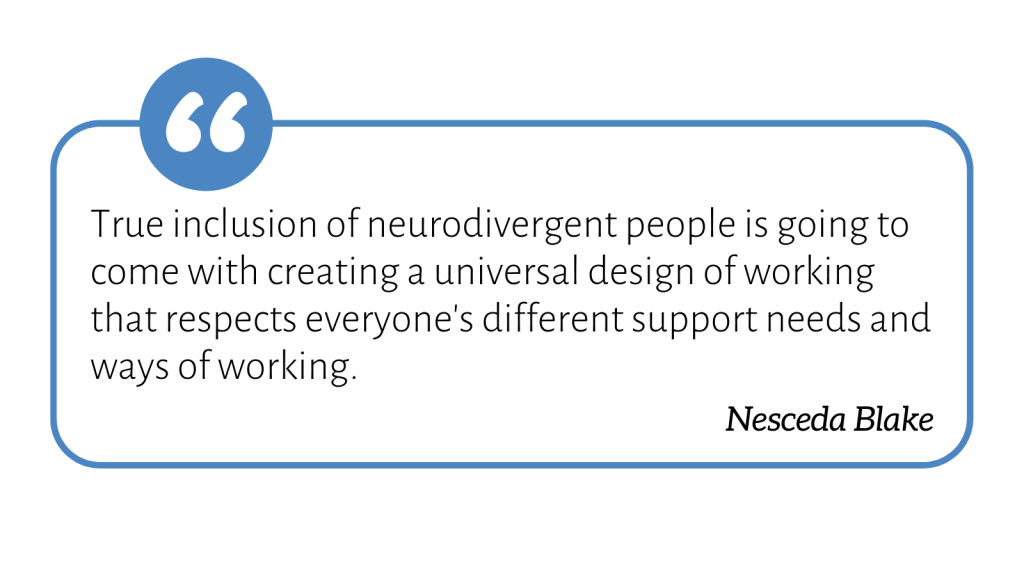
We know that all teams are inherently neurodiverse, but it is not always talked about. From your experience, what is the benefit of open and celebrated neurodiversity on a team?
The main thing I’m realizing now that I’m speaking to more people is that true inclusion of neurodivergent people is going to come with creating a universal design of working that respects everyone’s different support needs and ways of working. What we need to advocate for is more responsibility and movement on the company side. You need to show more evidence of your diversity and inclusion work instead of just written policies. I encourage everyone to challenge the invisible barriers for neurodivergent people, like those neurotypical standards of interviewing and professionalism.
About Nesceda Blake
Nesceda Blake is an autistic woman and performing arts producer from Melbourne, Australia. She endeavors to create positive change in the world around her by sharing her neurodivergent experiences. Her posts and article on LinkedIn have received over 900,000 views, with thousands of individuals learning how to make the working world a better place for neurodivergent people. Nesceda has also begun speaking with employers, entrepreneurs and recruiters to spread the word about neuro-inclusivity, and challenges businesses to rethink how diversity and inclusion practices can achieve actual equity. Nesceda currently works as a Senior Officer, Student Theatre and Engagement at La Trobe University, where she gets to share her passion for the arts with emerging student creatives.
You can follow Nesceda's work on LinkedIn https://www.linkedin.com/in/nesceda/
Instagram https://www.instagram.com/nesceda/
Or buy her a coffee https://www.buymeacoffee.com/nesceda
RESOURCES FOR:
"At first we had a narrow view of what kind of jobs made sense. Now there are neurodivergent people in all areas of the business."
Our Partners




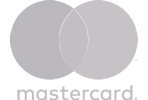



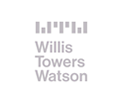



neu-ro-di-ver-si-ty
The wide range of brain differences that naturally occur in the human population, resulting in varied cognitive, social, and behavioral traits. Neurodiversity encompasses all types of brains, from neurotypical to neurodivergent.
